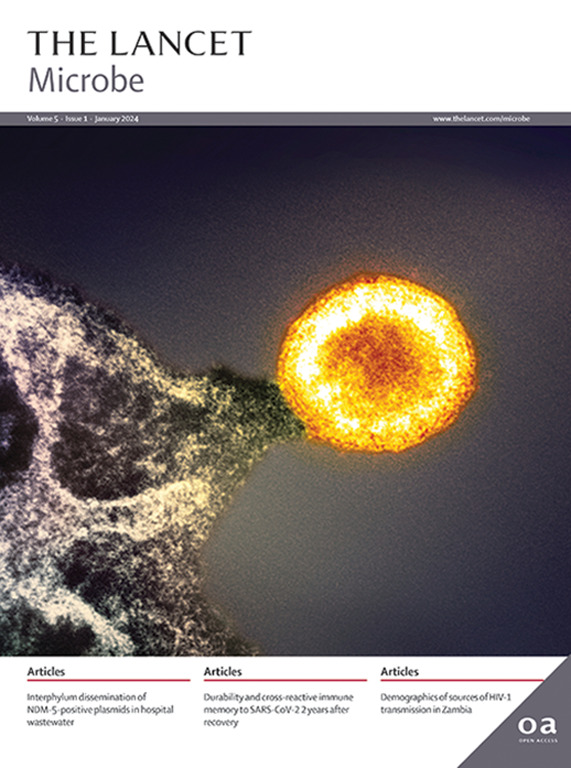生态学和进化论视角加深了人们对分枝杆菌疾病的了解。
IF 20.9
1区 生物学
Q1 INFECTIOUS DISEASES
引用次数: 0
摘要
要预测传染病的爆发并设计适当的预防保健行动,就必须对疾病病原体的接触和传播过程进行跨学科研究。就分枝杆菌疾病而言,迄今为止科学界对流行病学的理解都是基于对脊椎动物感染的临床研究。为了评估通过全面考虑生态和进化限制因素所获得的信息,我们进行了文献检索,评估分枝杆菌与非脊椎动物物种的相互作用在其致病性起源和疾病风险变化中所起的作用。所查阅的文献对目前几种分枝杆菌感染的人际传播理论提出了质疑。此外,研究结果表明,不同的非脊椎动物会影响致病性、介导传播,并在脊椎动物接触病原体时促成病原体的大量存在。我们认为,生态和进化框架提供了新的见解,有助于更全面地了解脊椎动物疾病的预防和管理。本文章由计算机程序翻译,如有差异,请以英文原文为准。
Ecological and evolutionary perspectives advance understanding of mycobacterial diseases
Predicting the outbreak of infectious diseases and designing appropriate preventive health actions require interdisciplinary research into the processes that drive exposure to and transmission of disease agents. In the case of mycobacterial diseases, the epidemiological understanding of the scientific community hitherto was based on the clinical studies of infections in vertebrates. To evaluate the information gained by comprehensively accounting for the ecological and evolutionary constraints, we conducted literature searches assessing the role of mycobacteria interactions with non-vertebrate species in the origin of their pathogenicity and variations in disease risk. The reviewed literature challenges the current theory of person-to-person transmission for several mycobacterial infections. Furthermore, the findings suggest that diverse non-vertebrate organisms influence virulence, mediate transmission, and contribute to pathogen abundance in relation to vertebrate exposure. We advocate that an ecological and evolutionary framework provides novel insights to support a more comprehensive understanding of the prevention and management of diseases in vertebrates.
求助全文
通过发布文献求助,成功后即可免费获取论文全文。
去求助
来源期刊

Lancet Microbe
Multiple-
CiteScore
27.20
自引率
0.80%
发文量
278
审稿时长
6 weeks
期刊介绍:
The Lancet Microbe is a gold open access journal committed to publishing content relevant to clinical microbiologists worldwide, with a focus on studies that advance clinical understanding, challenge the status quo, and advocate change in health policy.
 求助内容:
求助内容: 应助结果提醒方式:
应助结果提醒方式:


